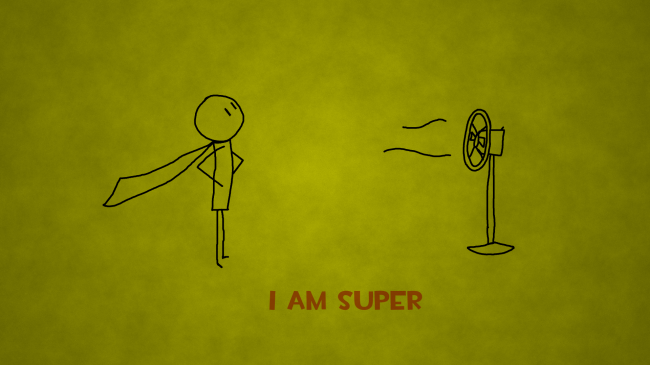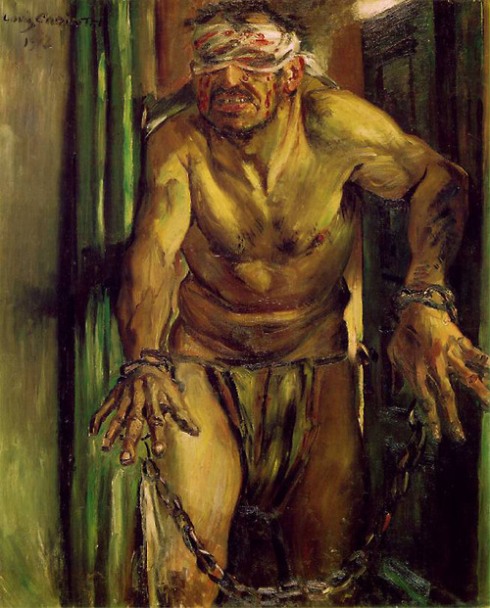“Abortion seems to be the only medical procedure that people want to deny you based on how you got in that situation.
Drove drunk, got in an accident and need an organ transplant? No problem.
Messing around with a gun, accidentally shoot yourself in the leg and need surgery? Of course.
Smoke tobacco for most of your life and need treatment for lung cancer? Yep.
Climb a tree, fall out and break your leg? We’ll fix that right up.
Have sex and get pregnant when you don’t want to be? YOU GOT YOURSELF INTO THIS SITUATION AND YOU DESERVE NO MEDICAL HELP OR COMPASSION! THIS IS YOUR FAULT AND YOU WILL DEAL WITH THE CONSEQUENCES!”
—– Worry About Your Own Uterus (via quoilecanard)
I don’t normally care a lot about people arguing about abortion. I feel there is a lot of baggage associated with the pro-life, pro-choice debate. In that, I don’t think a lot of pro-choice arguments are about whether a baby is being killed in abortion, but the whole issue is intrinsically tied with feminism. Therefore, it is difficult to engage the abortion debate when the two sides aren’t talking about the same thing.
Regardless, I stumbled across this little tib-bit on tumblr. There is obviously a great amount of hyperbole, and a bit of irrelevance. I don’t think that a hospital is really a good idea of what is morally right or wrong.
It also disturbs me that the writer has compared having a baby to: [having] lung cancer”, “breaking a leg”, or “[receiving an] organ transplant”. Moreover, that having sex is like “smoking tobacco”, “driving drunk”, or “falling out of trees”.
The Ripple Effect.
The core of my problem with this argument is that none of those examples given involve a life outside of the person’s own life. It’s not very much like you drove drunk and got into an accident because that is all about your own life’s preservation.
Abortion has a much greater far-reaching impact on not only yourself and whatever you’ve done to yourself, but your own unborn child. It has not been engaged with properly by the author, but some rather fantastic analogies have been given for an abortion.
The Reality.

The reality goes more like this:
It’s more like you were driving home from a dinner with your girlfriend. You had a few glasses of wine, but not that much that you thought it wasn’t safe to drive home. On the way home, you didn’t stop at a red light. It somehow slipped your mind as you were thinking about work the next day. The car door has been wrenched open, where you T-boned the car at the intersection.
You start mumbling in a drunken haze:
“WHYYY ARE YOU IN MY WAYYYY?!”.
You then begin to explain your conditions. You expect the person to pay for the repairs to your own car, and not to call the police or anything. Basically, you begin to demand to the body that they don’t interfere with your life and to pretend that nothing happened. After a while, when the body doesn’t respond you realize that the person you crashed into is actually dead and you’re actually just talking to a bloodied corpse.
Maybe the corpse is on fire and the clothes have burnt off leaving a naked body. You shake the limp body and ask for compensation for your own mistake and lack of foresight.
After a while, you become sober, and you walk home. The police never come knocking at your door. The whole car disappears overnight, the midnight bells have caused the carriage to revert to its former state. The shards of broken windshield scattered on the road the night before is no more when you drive to work the next day. It’s almost like it was a dream.
It is blatantly obvious if you drive drunk, you have an increased chance of crashing into someone and causing loss of life. If you have sex with someone without a condom, you have an increased (well, almost 100% greater) chance of having a baby.
There is a risk taken. Abortion immediately assumes that there is a positive and negative side to this coin flip. It has this idea that life is always great or unimportant according to someone who doesn’t know anything about the person they just crashed into.
The Solution.
Christians fail in this department. More often than not, they are too willing to condemn babies born outside of wedlock because it makes them feel good about a sin they are not guilty of. More often than not, there needs to be a sense of humility and service to people that are unlike us.
On the reverse, the condemnation they dish out, they create an environment that distances rather than draws sinners close. Admittedly, I am one of those who would be more likely to be standing outside abortion clinics, but you would never see me supporting the single mothers. You never see me play an important part of raising these babies not judged as interference to life. It’s so much easier to wave signs and say sermons to people for a short time, rather than invest a lifetime into seeing someone grow to value life and what a gift that God has given.
Don’t miss the forest for the trees. Don’t miss the babies for the political stance.
The Church needs to be that vehicle the gives the help and the compassion.




 I had to bite my tongue in class when the topic of war came up.
I had to bite my tongue in class when the topic of war came up. In many things, I have learnt not to be too caustic towards other people. I often adopt this tone when I really dislike something–under the guise of sarcasm, I make very disparaging remarks, and the lines between where I’m being serious and joking blur. Unfortunately people get offended easily, especially when something as sacred as the modern pilgrimage to overseas countries, is questioned. It is certainly something that is important as being born again for many Christians today.
In many things, I have learnt not to be too caustic towards other people. I often adopt this tone when I really dislike something–under the guise of sarcasm, I make very disparaging remarks, and the lines between where I’m being serious and joking blur. Unfortunately people get offended easily, especially when something as sacred as the modern pilgrimage to overseas countries, is questioned. It is certainly something that is important as being born again for many Christians today.